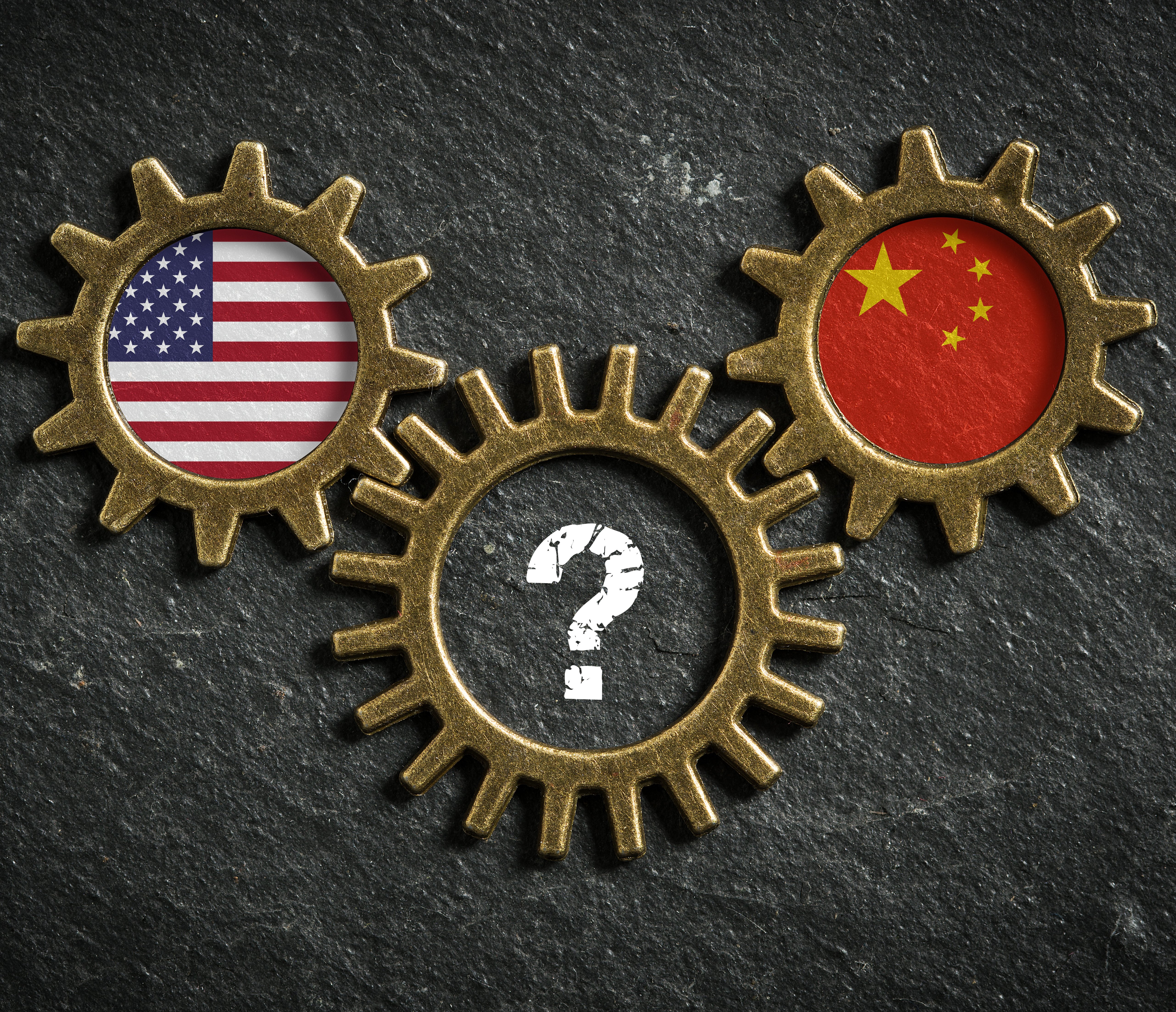Hedging our Allies: Australia and the Battle Lines for Strategic Competition with China
Hedging our Allies: Australia and the Battle Lines for Strategic Competition with China
Wednesday, March 6, 20194:30 PM - 6:00 PM (Pacific)
The pace of China-U.S. strategic competition has accelerated in the Asia-Pacific, causing heightened concern among U.S. allies and partners in the region over China’s economic expansion, Belt and Road Initiative, and maritime ambitions that challenge U.S. dominance in the region. Even U.S. allies as reliable as Australia are wondering openly about the capacity of the U.S. to balance Chinese influence. The Trump administration’s isolationist rhetoric, abandonment of TPP, withdrawal from the Paris Climate Accords, and “flinch” during the recent trade war has increased this concern. China meanwhile has demonstrated increased sophistication in diplomacy and in neutralizing historical U.S. advantages. The new frontiers of cyber and space are the most likely domains in which these challenges will play out from a security perspective. The choices that the U.S. makes in these realms in the next two years may establish a course for the region that cannot be corrected later.

Ambassador Jeffrey Bleich is the former US ambassador to Australia and Special Counsel to President Obama in the White House. He is currently a partner at Dentons and CEO of Dentons Diplomatic Solutions, where he focuses on privacy and data security, internal investigations, market access, and cross-border disputes involving the Indo-Pacific region.
As ambassador, his term was marked by the US "rebalance" to the Asia Pacific, with Australia being the focal point for that shift. His efforts included overseeing record growth in trade and investment between the US and Australia, bringing the Defense Trade Cooperation Treaty into force, establishing new alliance agreements for satellites and cybersecurity, executing a new space cooperation agreement that supported the Mars Curiosity rover landing, leading joint US-Australia efforts in Afghanistan’s Uruzgan province, and promoting regional human rights efforts. For his federal service, Amb. Bleich has received numerous awards, including the highest civilian honors awarded by the Director of National Intelligence and the United States Navy. In 2014, he received the State Department's highest award for a non-career ambassador, the Sue Cobb Prize for Exemplary Diplomatic Service.
Amb. Bleich currently serves as Chair of the Fulbright Foreign Scholarship Board (appointed by President Obama) and as a member of the East-West Center (appointed by Secretary Kerry). He also serves by appointment of the Governor on the Governor's 11-member International Trade and Investment Council. He was formerly the President of the State Bar of California, and the Chair of the California State University Board of Trustees, and currently serves on the Board of Stanford’s Center For the Advanced Study of Behavior Science, and the Board of Amherst College. He has been elected as a life member to both the American Law Institute and the Council on Foreign Relations.
Amb. Bleich received his B.A. from Amherst College (with high honors), M.P.P. from Harvard (with highest honors), and J.D. from U.C. Berkeley (with highest honors) where he also served as Editor-in-Chief of the California Law Review. He clerked for Judge Abner Mikva of the DC Circuit, Chief Justice William Rehnquist of the U.S. Supreme Court, and Judge Howard Holtzmann of the Iran-U.S. Claims Tribunal in the Hague, before becoming a partner at Munger Tolles & Olson. Amb. Bleich has been regularly listed among the Daily Journal's Top 100 attorneys in California, honored as a California Lawyer Attorney of the Year and listed in Lawdragon 500 and in America's Best Lawyers as a top “Bet the Company” lawyer.
p.p1 {margin: 0.0px 0.0px 0.0px 0.0px; font: 12.0px Calibri; color: #414141} span.s1 {font-kerning: none}
This event is part of the China Program’s Colloquia Series entitled "A New Cold War?: Sharp Power, Strategic Competition, and the Future of U.S.-China Relations " sponsored by Shorenstein APARC's China Program.
A New Cold War?: Sharp Power, Strategic Competition, and the Future of U.S.-China Relations
 Trade conflict has exploded. The media is rife with stories of China’s unfair trade practices, cyber theft, IP theft and forced technology transfers. Who will first scale the commanding heights of technological supremacy? Who will be the first mover in AI, robotics and biotechnology? What are the implications of Beijing’s ambitious infrastructure projects, including its Belt and Road Initiative? How is China’s “sharp power” deployed, and what are its implications for political and civic life in the U.S.? Can the Trump administration and Beijing’s leadership reach agreement on our trade disputes? Are these just the beginning salvos of an increasingly turbulent future? As U.S. policy towards China sharply veers away from “constructive engagement” to “strategic competition,” the Stanford China Program will host a series of talks by leading experts to explore the current state of our bilateral relations, its potential future, and their implications for the world order.
Trade conflict has exploded. The media is rife with stories of China’s unfair trade practices, cyber theft, IP theft and forced technology transfers. Who will first scale the commanding heights of technological supremacy? Who will be the first mover in AI, robotics and biotechnology? What are the implications of Beijing’s ambitious infrastructure projects, including its Belt and Road Initiative? How is China’s “sharp power” deployed, and what are its implications for political and civic life in the U.S.? Can the Trump administration and Beijing’s leadership reach agreement on our trade disputes? Are these just the beginning salvos of an increasingly turbulent future? As U.S. policy towards China sharply veers away from “constructive engagement” to “strategic competition,” the Stanford China Program will host a series of talks by leading experts to explore the current state of our bilateral relations, its potential future, and their implications for the world order.
